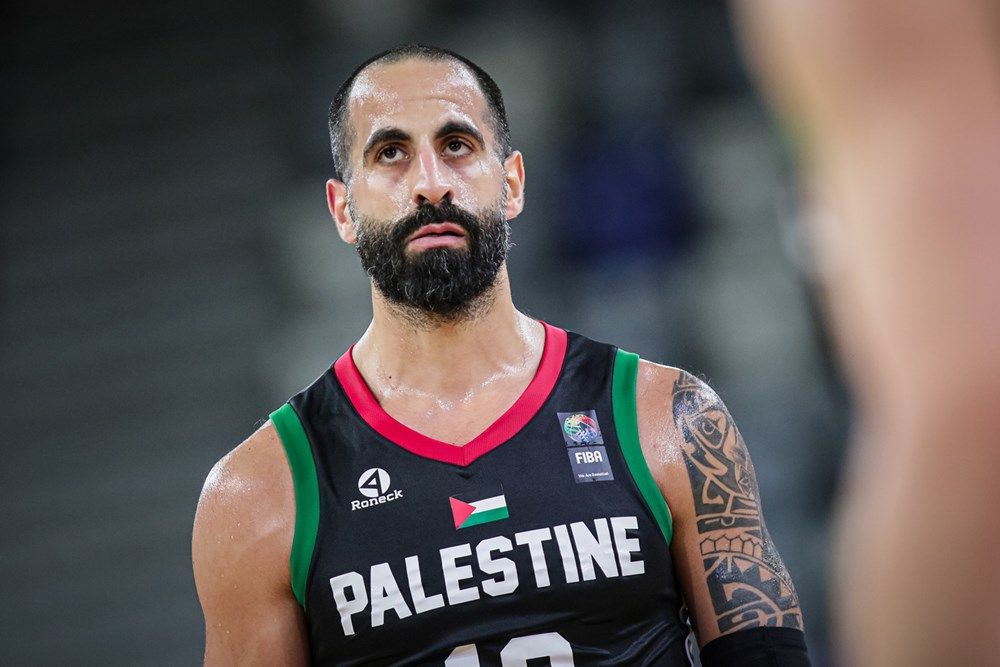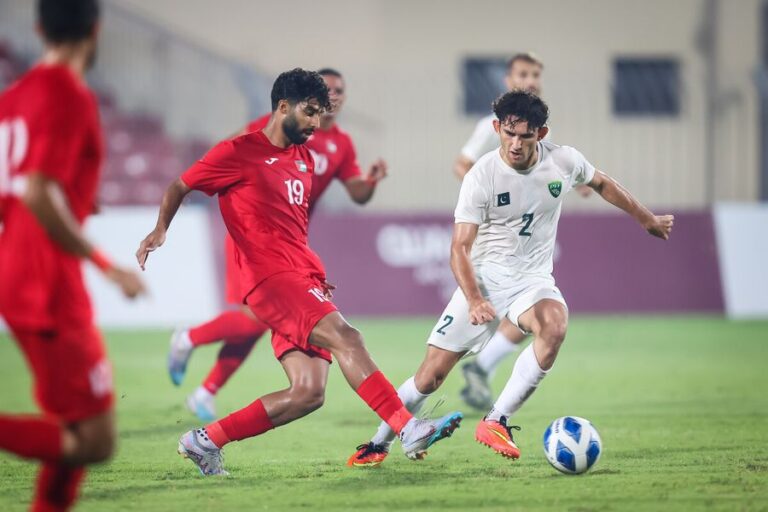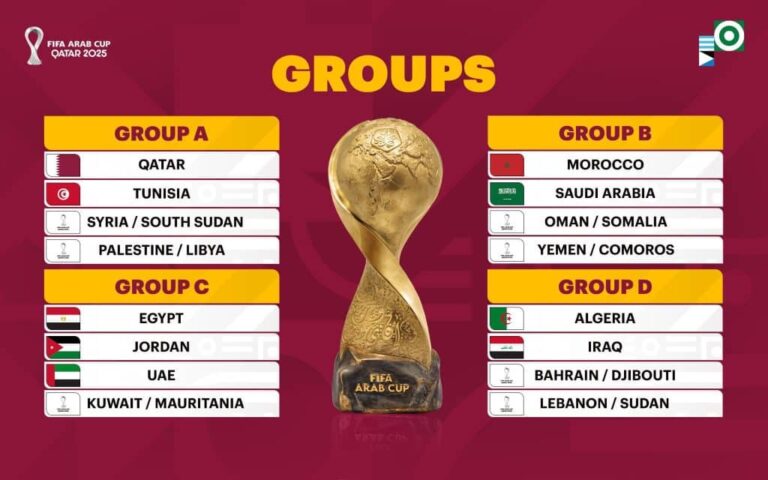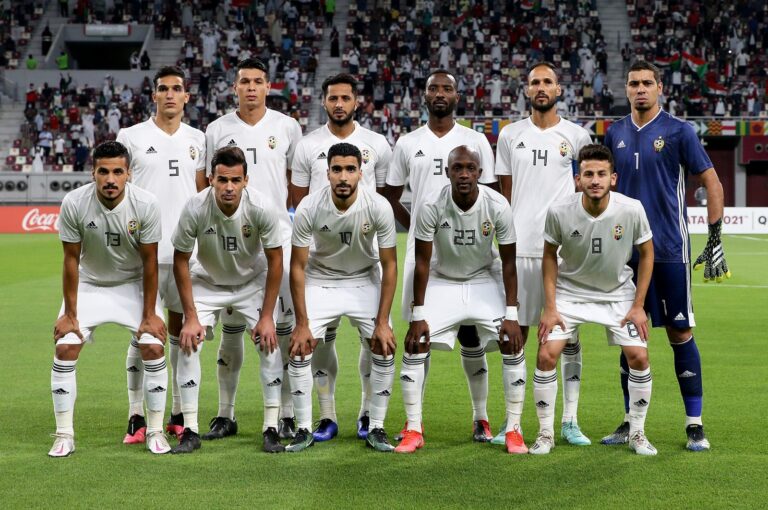One of the greatest stories in the last ten years has been the improbable rise of Palestinian Basketball at almost the exact same time the national football team started its meteoric rise. One year after Palestine qualified for the 2015 AFC Asian Cup by beating Philippines on the grass pitch, Palestine’s basketball team took to the court- beat Syria and Iraq and booked their first ever trip to an Asian Championship.
The basketball’s team ride in the continental finals started off with a bang- a win over the previous edition’s finalists, Philippines, shocked the world and was the first of four wins for the tournament debutantes who finished with the eighth best record in a 16 team field.
The centerpiece for this sudden explosive success? Sani Sakakini who finished as the top scorer and top rebounder of the 2015 FIBA Asia Championship. One would have thought that the success of the national team in Changsha would have been harnessed and built on. Sakakini was just entering his prime and at 27 it seemed inevitable that Palestine would build around him and qualify for the next to continental championships.
Except that did not come to pass and in a heartfelt post earlier this week Sakakini retired from the national team following their failure to qualify for the 2021 FIBA Asia Championship in Indonesia.
How did this happen?
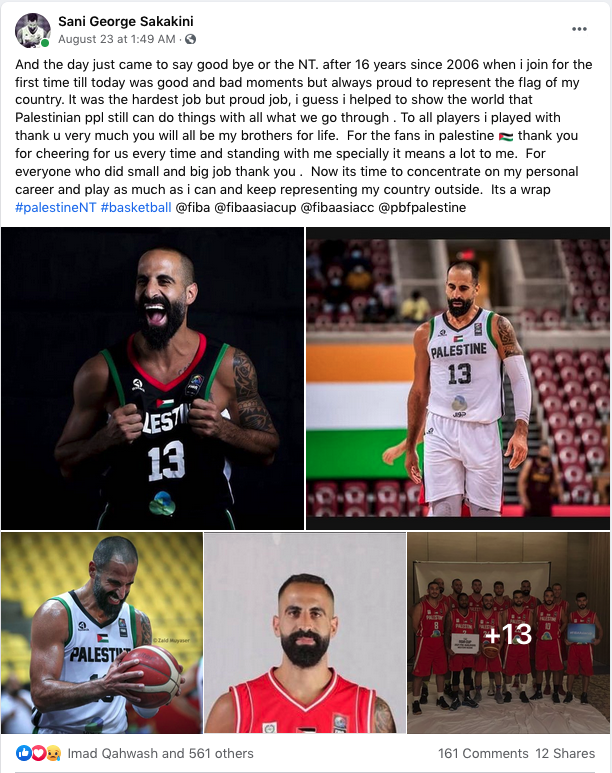
Organizational dysfunction. What Palestine did on the court back in 2015 was a miracle. Sani Sakakini and his brother were complemented by three Palestinians born abroad- Jamal Abu Shamala (who was the second leading scorer at the 2015 finals), Imad Qahwash (who was the top assister) and Ahmed Haroon gave Palestine a good starting five. The depth of the team was close to non-existent.
Much like their counterparts in the Football Association, the people who governed the sport of basketball were so disinterested in developing the sport they lucked into hiring a good coach who just wanted to coach but in doing so had to go to war with his own federation, here’s what he told HoopsHype back in 2015:
“Palestine has basketball leagues operated and controlled by their basketball federation. Their federation is made up of five people who are all political appointees to the position. In Palestine, having an official title is a big deal and is more important that what you do with the position you have been given.
These federation members are, at best, basketball fans. They know nothing about what it takes to play; they know nothing about what it takes to coach; they know nothing about how to operate a program and certainly know nothing about how to develop basketball.
Their top league, which they call the Super League is anything but super. Their games have a distinct resemblance to early Saturday morning pickup games among the old guys who used to play at the YMCA. Except that the guys at the “Y” at least have an idea of how to move like basketball players.
The Federation has done nothing to help. They fight against every training advancement we try to implement. They don’t know what we are trying to do, but they are not about to admit that they don’t know what they are doing or that they need help. That would be disastrous for them.
They have lied about us in their local media and threatened any player who works out with us with permanent exclusion from all federation-sanctioned basketball.
They let us choose a National Team but they give us no practice time, little to no access to a gym and no opportunity to prepare appropriately for any international tournaments.
We went to work finding players for the National Team and training young players who were already available in the fundamentals of the game. All the federation did was ask us why we didn’t chose their 30-plus year-old stars from their Super League.
They sent us to tournaments at the last second, didn’t provide approved uniforms for us and still expected us to win. Then when we did win, they had their handpicked journalist write about what great work they did in spite of the coaching to produce a successful team.”
If that sounds familiar, and it should, it is because nearly exactly the same way the Football Association goes about its business.
So while some might be angry about Palestine’s absence at the FIBA Asian Championships remember that this failure is not on the players or the coaches but on the Basketball Federation. Unlike their counterparts in football, they do not have the luxury of an abundance of talent to choose from and mask their deficiencies.
Following every win Palestine recorded in either sport many fans come out with ridiculous phrases “Oh we only beat X team; they’re quite weak we should expect to win. This is like a neighborhood team.”
These phrases could not be any further from the truth. Perhaps the level of play in Asia for both sports is far from elite but Palestine’s administration of sport, every single sport, is a tragicomedy of the highest order.
So the next time you’re unsatisfied with a 4-0 shellacking of a country like Singapore on the pitch know that sheer talent beat a sporting organization light years ahead of ours. That sporting organization (Singapore) sends athletes to competitions and wins medals (like an Olympic Gold in Swimming in 2016) while ours can barely get the players there on time.
Palestine’s talent in football can mask the organizational shortcomings of the governing body. Unfortunately, for Sani and his teammates that depth simply does not exist and the absence of Omar Krayem, Salim Sakakini, and Jamal Mayali against India and Saudi Arabia meant qualifying was simply a bridge too far.
I hope that this is not the last we see of Sani Sakakini, who besides being a great basketball player is an even better person, and that his next chapter sees him in his rightful position- as President of an overhauled Palestine Basketball Federation.

